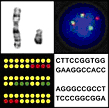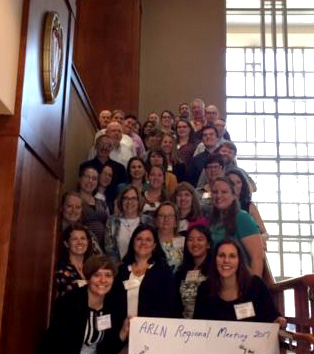 On August 1 – 2, 2017, the Wisconsin State Laboratory of Hygiene (WSLH) hosted laboratorians and epidemiologists from five Midwest states and the Centers for Disease Control and Prevention (CDC), as well as program staff from the Association of Public Health Laboratories (APHL), for the first annual Antibiotic Resistance Laboratory Network (ARLN) Midwest Regional Meeting. The event was held at the Fluno Center in Madison, Wisconsin.
On August 1 – 2, 2017, the Wisconsin State Laboratory of Hygiene (WSLH) hosted laboratorians and epidemiologists from five Midwest states and the Centers for Disease Control and Prevention (CDC), as well as program staff from the Association of Public Health Laboratories (APHL), for the first annual Antibiotic Resistance Laboratory Network (ARLN) Midwest Regional Meeting. The event was held at the Fluno Center in Madison, Wisconsin.
The ARLN is a national network of public health laboratories and epidemiologists that are working closely with CDC, other public health laboratories within their region, and clinical laboratories within their respective states to detect, control and prevent transmission of highly antibiotic resistant organisms, such as Carbapenem-Resistant Enterobacteriaceae (CRE) and those organisms with novel mechanisms of antimicrobial resistance.
The Midwest region of the ARLN includes Illinois, Indiana, Kentucky, Michigan, Ohio and Wisconsin. The Wisconsin State Laboratory of Hygiene is the regional ARLN reference laboratory.
Since ARLN is a new network and states are at different stages of test implementation, it was decided for the first annual Midwest Regional ARLN Meeting to provide more time for discussion and collaboration among laboratorians and epidemiologists, rather than focus on hands-on laboratory training or demonstrations. Prior to the Midwest Regional Meeting, the WSLH hosted public health microbiologists from two states within the region and provided hands-on training and demonstrations of susceptibility and phenotypic testing.
Speakers and topics included:
Wisconsin
Scientists from the WSLH (David Warshauer, PhD, Erin Bowles and Mary Wedig) and epidemiologists from the Wisconsin Department of Health Services (Megan Lasure, MPH, Rachel Klos, DVM, and Lina Elbadawi, MD):
- Provided an update on the ARLN program
- Demonstrated the online specimen information submission portal that has been developed
- Highlighted statewide (WI) and regional surveillance activities and information sharing with regional partners about the Wisconsin Clinical Laboratory Network (WCLN)
Ray Podzorski, PhD, with SSM Health-Madison, shared his view on the intersection of clinical and public health microbiology.
Erik Munson, PhD, with Marquette University, presented data on the antimicrobial resistance surveillance activities he is leading in Wisconsin.
Indiana
Sara Blosser, PhD, with the Indiana State Department of Health, discussed Indiana’s experience with statewide testing for and controlling Carbapenem-Resistant Enterobacteriaceae.
Illinois
Sarah Kemble, MD, with the Chicago Department of Health, reviewed an investigation of an outbreak of Verona Integron-encoded Metallo-beta-lactamase (VIM)-producing Pseudomonas aeruginosa at a skilled nursing facility in Chicago, Illinois.
Future Activities
In the coming year, ARLN Laboratory Coordinator Ann Valley and ARLN Laboratory-based Epidemiologist Megan Lasure plan on performing site visits at each of the public health laboratories within the ARLN Midwest region to view and discuss with each state their ARLN program activities. The goal of the site visits is to not only ensure standardization of ARLN testing approaches in each state, but also learn about state-specific successes and share them with all laboratories in the region and CDC to further strengthen the regional and national ARLN network.
In addition, the WSLH will also begin quarterly conference calls with laboratorians and epidemiologists within the region to discuss progress with test implementation, surveillance activities and outreach strategies associated with the ARLN program.
ARLN activities at the WSLH will continue to expand with the addition of identification and detection of targeted Candida species – an emerging multi-drug resistant public health threat. The WSLH also will begin implementing Streptococcus pneumoniae serotyping and antibiotic resistance testing as one of two national S. pneumoniae ARLN reference centers.
The feedback the WSLH received from participants that attended the first Midwest region ARLN Meeting was overwhelmingly positive. The WSLH looks forward to hosting the next Midwest region ARLN meeting in summer 2018, with topics of discussion to be determined during regional conference calls and consultation with CDC ARLN program staff.
The first year of the ARLN network has been a great success in Wisconsin, the Midwest region and nationally. The WSLH looks forward to continued participation in this national network, especially working with the other partner laboratories and public health departments in the Midwest region and the clinical laboratories within the WCLN, in order to aid in the detection and prevention of antimicrobial resistance of public health significance.
For more information on the ARLN program visit: https://www.cdc.gov/drugresistance/solutions-initiative/ar-lab-networks.html
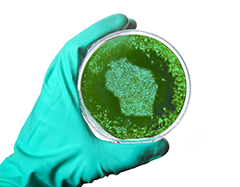 On Nov. 6th, WSLH Communicable Disease Division Director Dr. Pete Shult gave a talk on “Responding to Emerging Infectious Disease Threats – The Role of the WSLH and its Laboratory Networks” as part of the University of Wisconsin School of Medicine and Public Health Population Health Sciences Monday seminar series.
On Nov. 6th, WSLH Communicable Disease Division Director Dr. Pete Shult gave a talk on “Responding to Emerging Infectious Disease Threats – The Role of the WSLH and its Laboratory Networks” as part of the University of Wisconsin School of Medicine and Public Health Population Health Sciences Monday seminar series.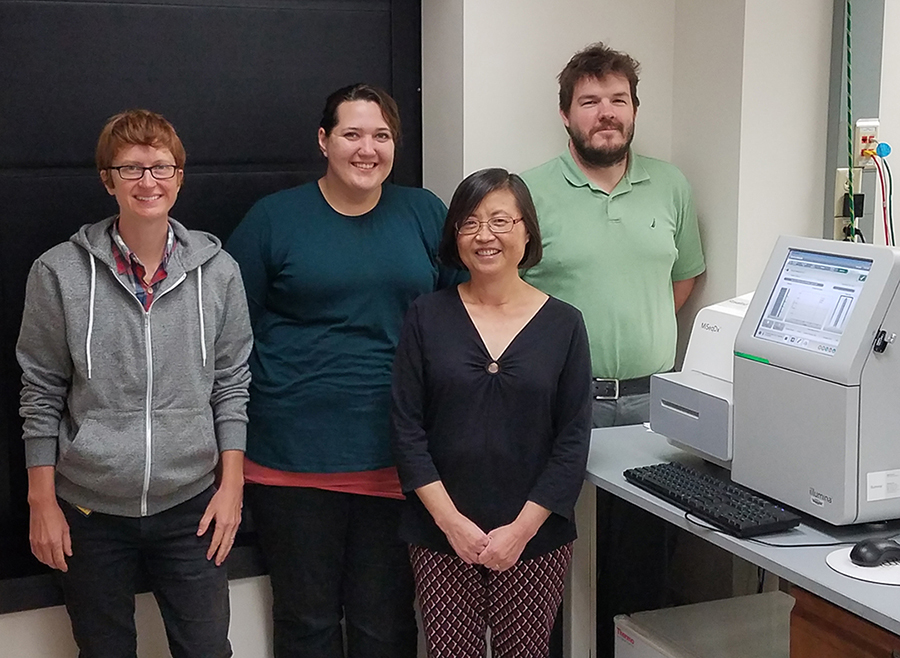
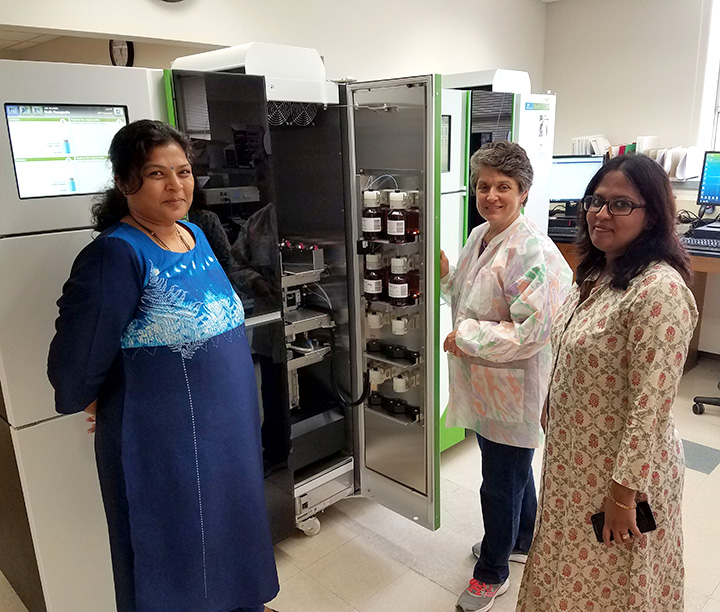
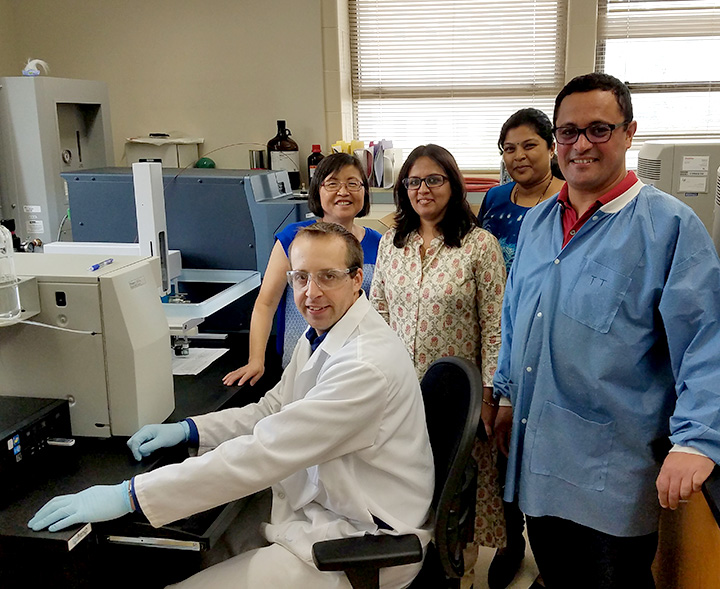

 On August 1 – 2, 2017, the
On August 1 – 2, 2017, the 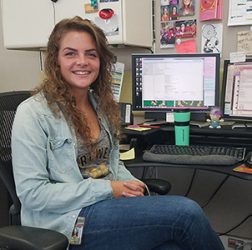
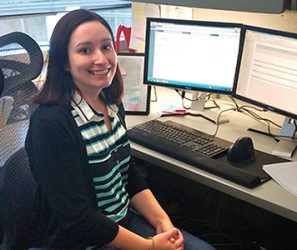
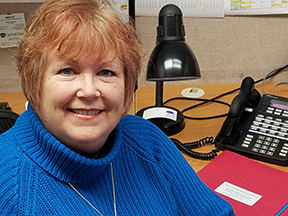
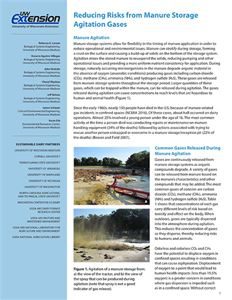 Concerns about deaths occurring near manure storage and handling systems led
Concerns about deaths occurring near manure storage and handling systems led 